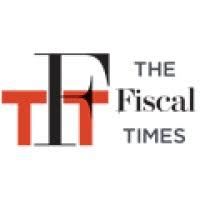
Opinion | The new rules for business in a post-neoliberal world – By Rana Foroohar (The Financial Times) / Oct 9, 2022
Laissez-faire economics in the US is slowly being replaced by a more intensive policy focus from start to finish
Over 40 years ago, the Reagan-Thatcher revolution was born. Taxes were slashed. Unions were squashed. Markets were deregulated and global capital unleashed. But economic pendulums swing. And over the last couple of weeks, it’s become quite clear that anything remotely related to trickle-down theory is now political Kryptonite.
The most obvious example is, of course, the backlash against UK prime minister Liz Truss’s bizarre plan to lower taxes on the rich after announcing major spending on energy subsidies. Trussonomics is now off the table, and the prime minister’s own leadership is in jeopardy.
But it’s not only the UK that is facing the downhill slope of neoliberalism. I recently met a senior Biden administration official who told me that many chief executives are now coming to Washington and asking for “a signal from government — where should we invest? Should we be in Vietnam or Mexico? Which sectors do you want us in?”
While the government isn’t yet in the business of picking winners and losers, the White House has already made the shift to a post-neoliberal era — and many in the business community are preparing for it as well. CEOs may not like the idea of a deglobalising world with more regulation, greater state control and growing labour power. But they can usually find a way to make money as long as they understand the rules of the market.


















